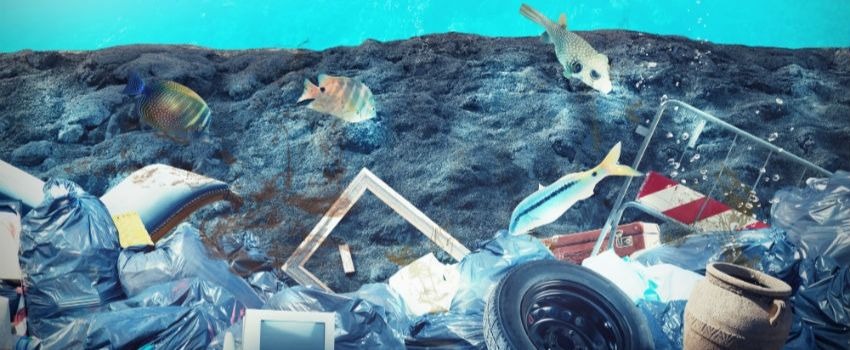
Its official. We are actually poisoning our oceans as anyone who watched Blue Planet II last year will tell you. Horrifying images were on display for all to see which included turtles that found themselves tangled in a mess of plastic, whales that had consumed tonnes of bottles and bags. And who couldn’t be disgusted by the revolting islands of trash that stretched out into the ocean for miles? If immediate action isn’t taken, then by 2050 there will actually be more plastic in the sea than fish!
It’s not all bad news
The news is not all grim however because according to the latest research just 10 rivers are responsible for contributing 90 per cent of the plastic pollution flowing into our oceans. These rivers are located in Asia and Africa so if we focus our efforts on cleaning them up we literally have the ability to ensure our oceans stay clean as well.
Lets not wait for governments to take action
Avaaz has decided to act instead of waiting for governments to do something about the problem. The organisation has a plan which seeks to enlist just 50,000 people and get them to donate a small amount of money. The money raised will be used to recruit plastic experts who will come up with plans to clean up rivers that are being polluted by cities which are located on their banks. Avaaz also plans to launch a huge public awareness campaign aimed at residents of these cities. Not only that but the organisation will lobby donor countries to help finance clean-up activities for the ten offending rivers. All you need to do to get involved is chip in what you can and you can help stop the plague that is killing the planet.
Chip in to solve the problem
Human beings have a terrible addiction to plastic, using 1.4 billion plastic bottles every day, with only a tiny fraction being sent for recycling. Once this plastic ends up in the environment, it can take more than a millennium for the plastic to finally break down. The ten polluting rivers can be found in countries such as India, Laos and Cambodia and the good news is these countries actually want to do something about it but need help. The polluters lack the know-how, resources and will to deal with the problem.
Create a global movement
Fortunately Avaaz has members located in nearly every country in the world and the organisation has a fantastic track record of mass mobilisation. The top experts in plastics pollution are primed to deal with the problem and with your help something can be done about the problem. Plastic pollution is literally asphyxiating our oceans. If enough money is raised, a global movement to save our oceans can be built from the ground up. It is easy to feel despondent when we think about the scale of the problem but now that we know there is a solution we must do something about it because if we don’t, then who else will?





